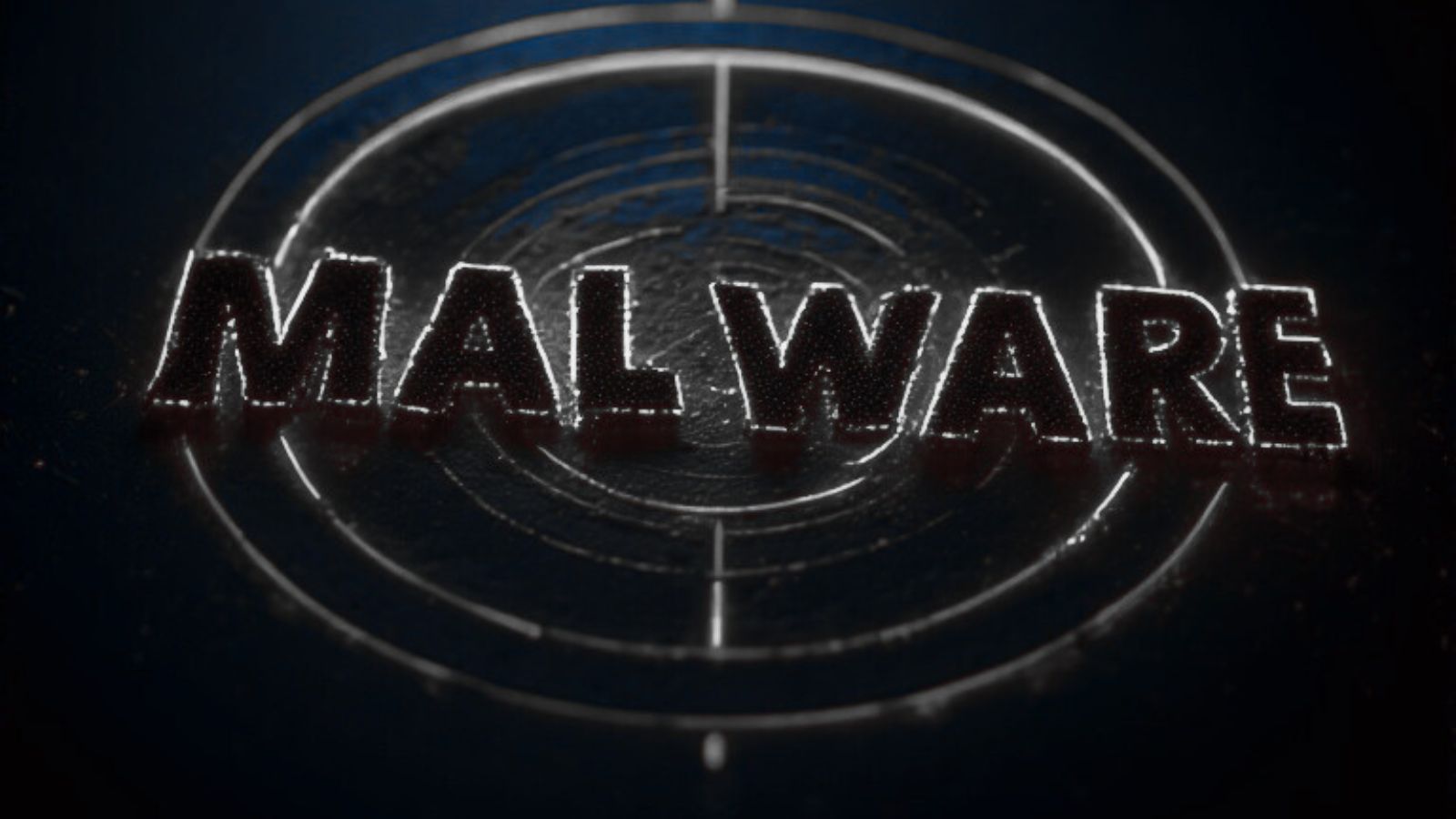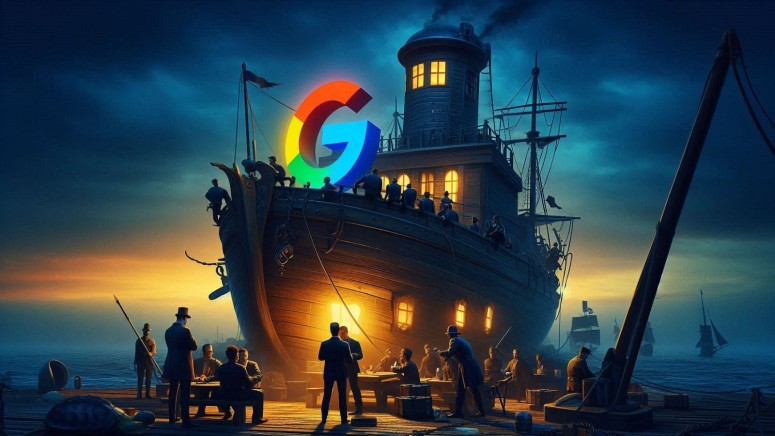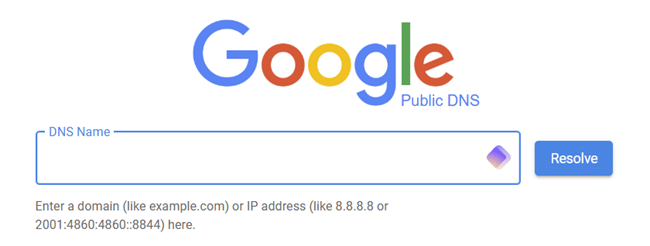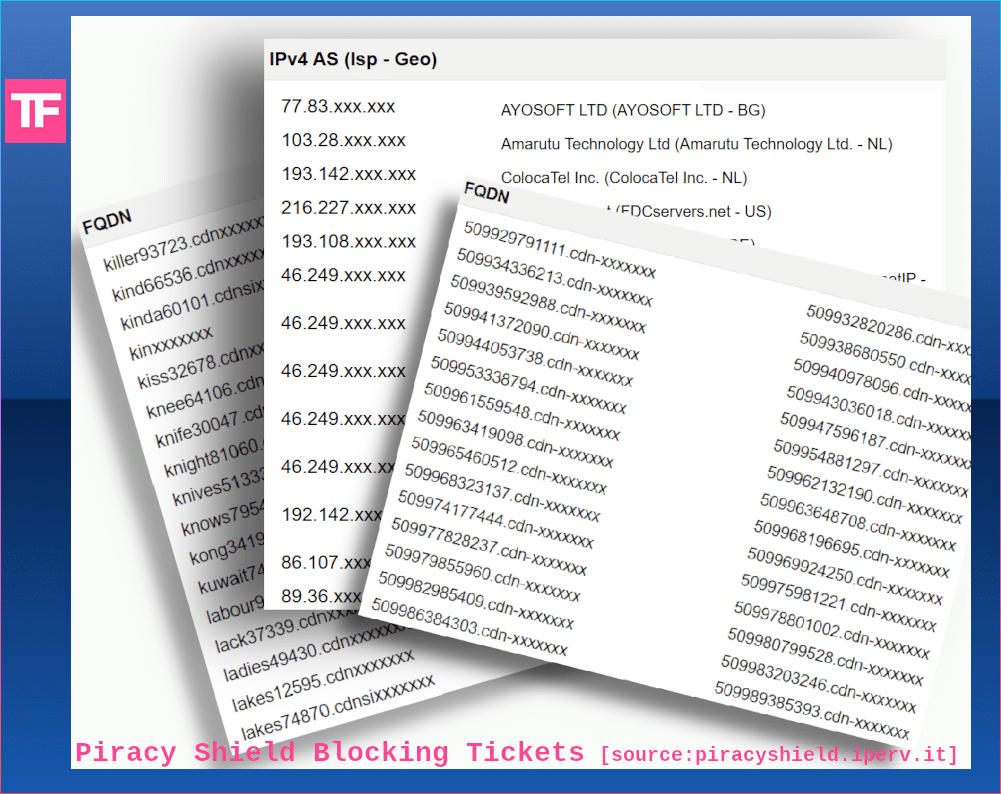
Google Was Asked to Join Italy’s Anti-Piracy Initiative with Public DNS Blocking
- AGCOM mandated Google, Cloudflare, and more to collaborate in Italy’s anti-piracy initiative.
- A system activated last month relayed blocking orders received by the Piracy Shield anti-piracy system directly to Google.
- The company reportedly "promptly" blocked pirate site domains on its public DNS resolver.
Italy's media watchdog AGCOM has mandated collaboration from intermediaries, including public DNS providers like Google, Cloudflare, and Quad9, to close loopholes often exploited by internet users to bypass traditional ISP-level site blocks.
Google has taken its initial steps into Italy’s controversial Piracy Shield system, an initiative aimed at curbing online piracy by rapidly blocking access to identified pirate sites.
This move follows a court ruling from December 2022, where Cloudflare faced a €10,000 daily fine for non-compliance with blocking orders.
The system requires rightsholders to submit piracy reports to the Piracy Shield, which then relays blocking instructions to ISPs and third-party DNS services like Google.
Google recently participated in an experimental trial during the Italian football league Serie A's final matches. Blocking requests targeting 988 domains and 78 IP addresses were processed, although the full extent of Google's involvement remains unclear.
Key to this initiative is the activation of automated processes aimed at blocking pirate sites within 30 minutes of detection.
According to AGCOM Commissioner Massimiliano Capitanio, trials have shown promising signs of collaboration, and the plan is to make these processes fully operational soon. Additionally, efforts to target VPNs and pirate apps are being prioritized.
The Piracy Shield system has raised concerns about transparency, as detailed information on blocked domains and IPs remains inaccessible to the public. While this protects the system's operational integrity, critics argue it limits accountability.
For now, Google’s collaboration reflects a significant escalation in internet access controls, underscoring a shift toward stricter regulatory enforcement in the digital space.










